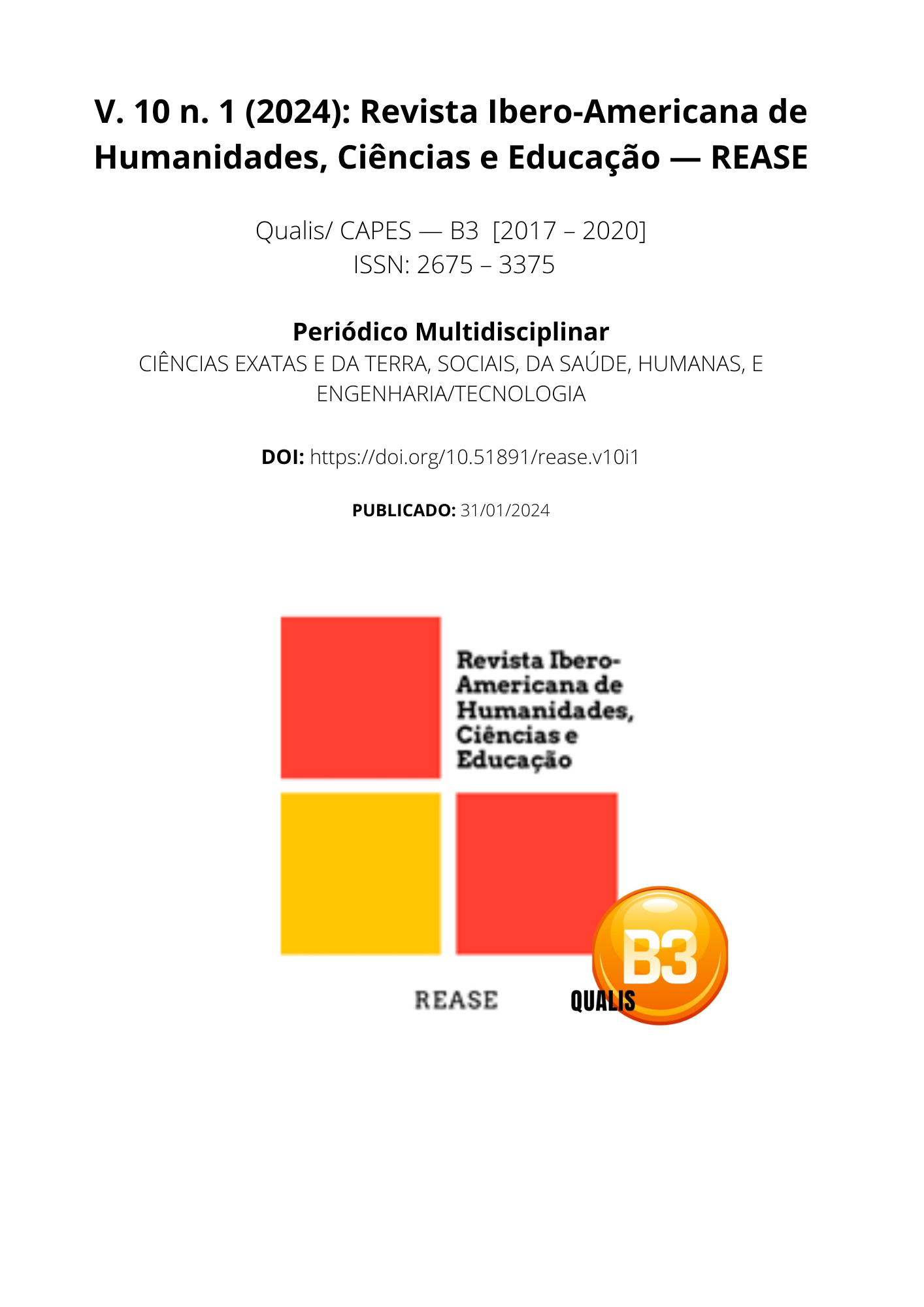LIQUID MODERNITY: THE CHALLENGES OF EDUCATION THROUGH THE CURRENT GENERATION OF STUDENTS
DOI:
https://doi.org/10.51891/rease.v10i1.13021Keywords:
Liquid modernity. Education. Generations Technology.Abstract
The objective of this initiation work for the master's course in Emerging Technologies in Education aims to discuss the liquid modernity of Zygmunt Bauman and, Generations of Veterans, Baby Boomers, X, Y, Z and Alpha. How educational institutions and teachers behave towards the current generation of students. It is not possible to think about innovative education without correlating it with the historical process, and, as current society is a reflection of this process, it is necessary to think about education in our time. According to (Mello, 2022), the educator's task is a never-ending question, which moves within the temporality of the history of education. And, according to the concept of Zygmunt Bauman, a Polish sociologist, we are living in a “liquid modernity”, characterized by the agility and fluidity with which things happen and follows the thoughts of the time. Bauman characterizes as “liquid modernity” a new era in which social, economic and production relations are fragile, fleeting and malleable, like liquids. Therefore, education, as part of this modernity, needs to adapt to new paradigms so that students develop actions of attitude, critical thinking, creativity, conflict resolution, adaptation to multicultural environments, among others that make up a whole as a social being.
Downloads
Downloads
Published
How to Cite
Issue
Section
Categories
License
Atribuição CC BY

